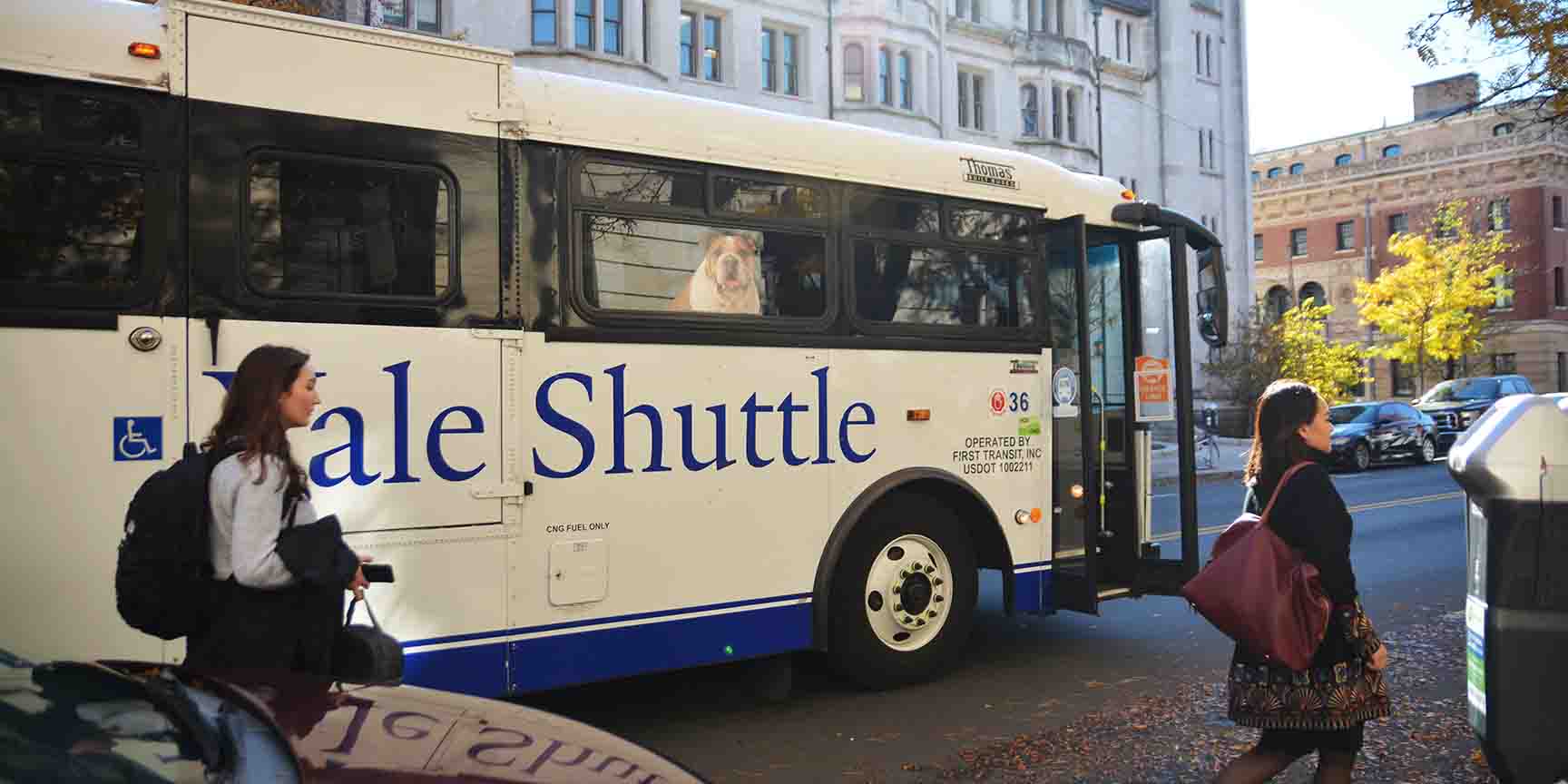
Fifty Yale Shuttle drivers have indicated they may strike if they do not reach a new union contract agreement by next week, according to the New Haven Independent.
The workers, represented by the union Teamsters Local 443, are currently negotiating with First Transit, the company Yale contracts to run its shuttle system. Their demands include higher pay, better access to health benefits and more leave time. According to First Transit spokesman Jay Brock, the company received a contract proposal this week from 63 full-time and 10 part-time union employees who are giving First Transit until next week to review the proposal.
A representative from Teamsters Local 443 declined to comment on the negotiations, and University Spokesman Tom Conroy deferred to First Transit and Teamsters Local 443.
“We are going to take a look at [the proposal] and go back to them and talk about it,” Brock said. “We’ll probably have some more discussions and go from there.”
Brock added that it is too early to discuss the possibility of a strike.
According to the Independent, drivers are calling for a $2 raise on their current wage of $13.49 per hour and requesting more health benefits and holiday breaks.
The shuttle service provides free transportation for students, faculty and staff between the University, the East Rock neighborhood and the New Haven train stations. The shuttle also runs nighttime routes and service to Yale New Haven Hospital and the Veteran’s Administration Hospital in nearby West Haven.
A shuttle driver who requested anonymity, citing Teamsters Local 443’s policy prohibiting members from talking to the press, told the News that she had not heard about the strike until a student mentioned it on her Thursday evening shift. Although she wants everything the union is advocating for, the driver said that neither she nor her co-workers could afford to strike.
“Personally, I don’t want to go on strike because we have bills and stuff we have to pay,” she said. “We do need medical insurance because our lives are in jeopardy, too. You know, we’re driving a bus. And we do need a raise. A 25-cent raise is not going to do it.”
Students who rely on the shuttles to get to class — particularly STEM students, who frequently ride the shuttle up Science Hill on Prospect Street — responded to the possibility of a strike with worry and apprehension.
Chemistry major Noah Ritz ’19 said he takes the shuttle almost daily, and would be “devastated” without it. Biomedical engineering major Jocelyn Dicent ’20 said that if the class preceding her lab ran long, she would be late without the Yale Shuttle.
“I find [the shuttle] very useful, and I think it’d be a disadvantage for students if the shuttle wasn’t running,” Dicent said.
According to Conroy, Yale’s contract with First Transit runs through November 2020.







